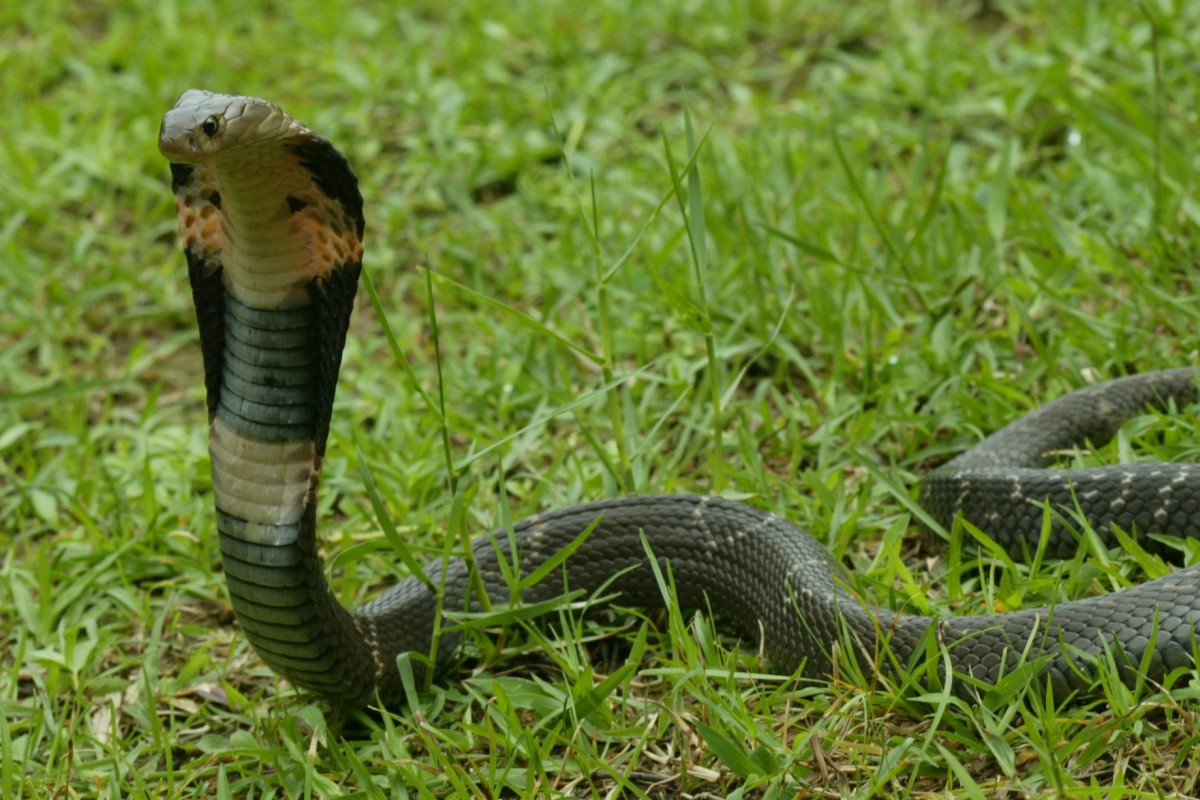BEIJING: The novel coronavirus in China that has killed 17 people and infected hundreds more might have made its first jump to a human from a snake, according to a study by a group of Chinese scientists, while a Chinese professor in Germany has forecast that the epidemic will reach its peak in March.
If the snake claim is substantiated, it would change the scientific world’s understanding of the transmission and mutation of Sars-like pathogens, as it would be the first time a reptile had been found to be the reservoir.
With the number of infections and deaths spiking in recent days, determining the source of the virus and its evolutionary history is key to containing its spread.
In the study, published in the Journal of Medical Virology on Wednesday, a joint team from Beijing, Nanning, Ningbo, and Wuhan reconstructed the virus’s physical structure using published data.
They discovered it had a mysterious spike protein. This protein is usually used by a virus to recognize and hook on to the surface of a host cell, but its pattern in the new virus has never been seen before.
Earlier studies found that the Wuhan and Sars (severe acute respiratory syndrome) viruses shared a common ancestor that could be traced to a beta coronavirus that had been found in bats. However, that virus could not be transmitted to humans without an intermediate.
The unknown protein contained an important lead as it could be the result of genetic recombination that took place across different species, according to the research team, which was led by Wei Ji from the School of Basic Medical Sciences at Peking University’s Health Science Centre.
The researchers compared the unique genetic coding pattern of the virus to those of a wide range of animals.
And they discovered that the closest matches were with two snake species – the Many-banded krait and the Chinese cobra – both of which are commonly found in China, from central Hubei province to Hong Kong in the south.
The snakes scored 12 and 14 points, respectively, on an index measuring the genetic distance from the virus, the researchers said. By comparison, the nearest mammal to a match – the marmot – scored almost twice as high, suggesting a much lower probability.
“Our findings suggest that the snake is the most probable wildlife animal reservoir,” the team said in their paper.
Snakes and other wild animals are commonly eaten in China. In a 2017 study by the Institute of Zoology under the Chinese Academy of Sciences, more than 60 percent of respondents in southwestern China said they had eaten meat from a wild animal at least once in the previous two years.
But the latest study has sparked debate within China’s research community, with many scientists questioning the likelihood of a snake connection. Previously, almost all of the known hosts of similar viruses were mammals, including masked palm civets and camels.
Zheng Aihua, a researcher of virology at the Institute of Zoology in Beijing, said that while it was possible for a virus to jump to a human from a distant species – as was the case with dengue fever and the Zika virus, which were carried by mosquitoes – the similarities in the genetic coding were not strong enough evidence on their own.
The study had not considered other conditions that affected the virus’ survival and mutation, he said.
“This is an interesting hypothesis, but it will require some animal experiments to verify.”
Although the ultimate control of emerging viral infections requires the discovery and development of effective vaccines and/or antiviral drugs, currently licensed antiviral drugs should be tested against the 2019-nCoV.









Comment